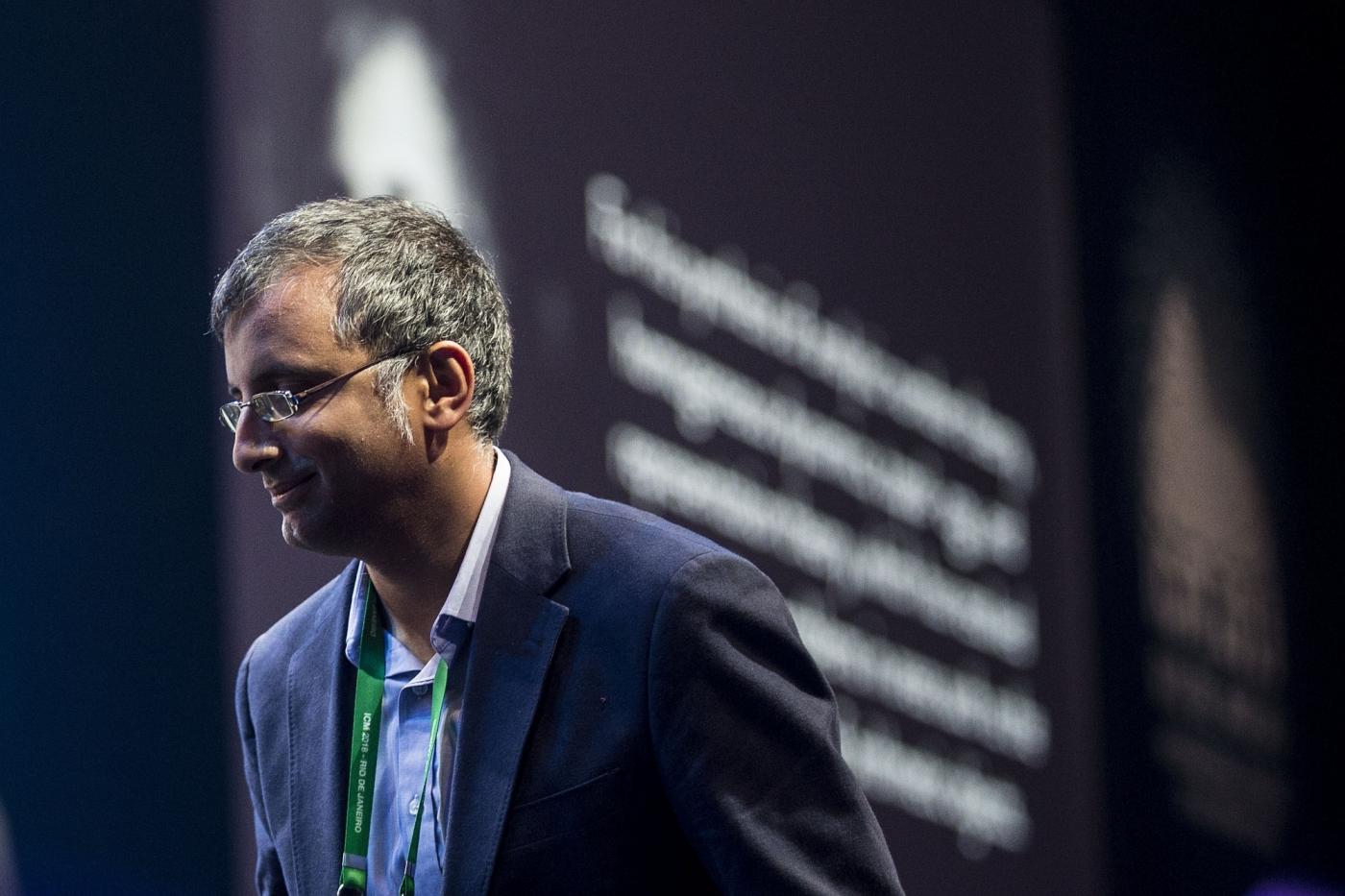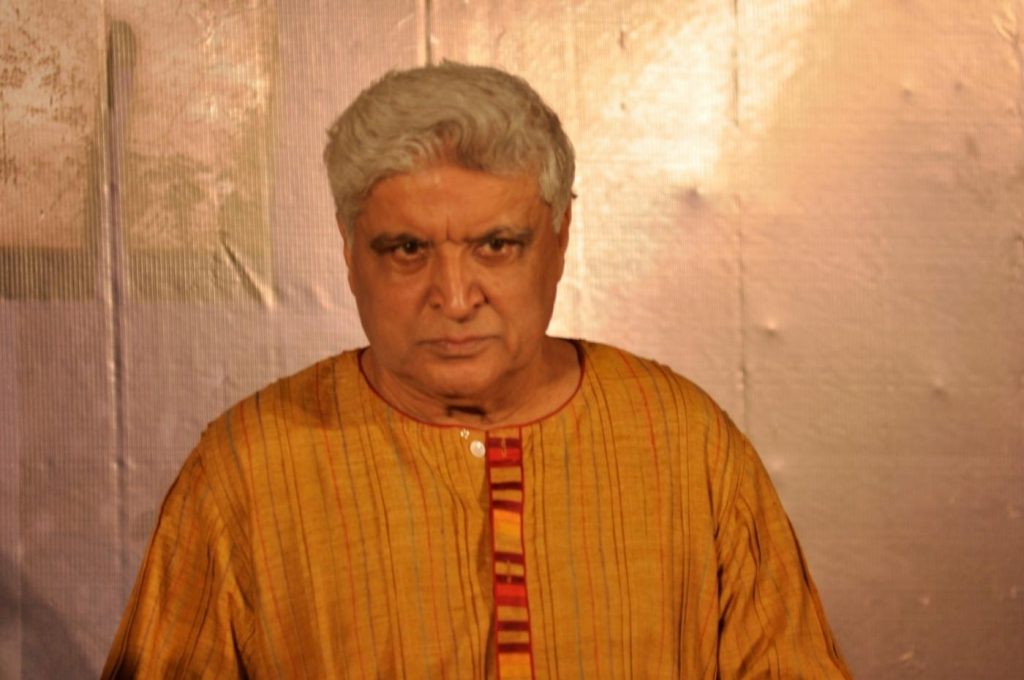An Indian-born, Australian-raised mathematics genius Akshay Venkatesh is among the four recipients of this year’s Fields Medal. He received it for his “profound contributions to an exceptionally broad range of subjects in mathematics”…reports Asian Lite News

Delhi-born Venkatesh, 36, was the youngest ever student to attend the University of Western Australia at the age of 14. He is currently teaching at Stanford University.
He has received the SASTRA Ramanujan Prize in 2008 and Ostrowski Prize in 2017.
The Fields Medal is awarded every four years by the International Mathematical Union to recognize outstanding mathematical achievement for existing work and for the promise of future achievement.
The award consists of gold medal bearing the profile of Archimedes and a cash amount of 15,000 Canadian dollars.
The prestigious medal has been given to Venkatesh for “his synthesis of analytic number theory, homogeneous dynamics, topology, and representation theory, which has resolved long-standing problems in areas such as the equidistribution of arithmetic objects”.
“Akshay Venkatesh has made profound contributions to an exceptionally broad range of subjects in mathematics, including number theory, homogeneous dynamics, representation theory and arithmetic geometry.

“He solved many long-standing problems by combining methods from seemingly unrelated areas, presented novel viewpoints on classical problems, and produced strikingly far-reaching conjectures,” the International Mathematical Union said on its website.
The other three laureates are Peter Scholze, Alessio Figalli and Caucher Birkar.
Birkar, Kurdish refugee turned Cambridge University professor, has been given the medal “for the proof of the boundedness of Fano varieties and for contributions to the minimal model program”.
Italian mathematician Figalli has won it for “contributions to the theory of optimal transport and its applications in partial differential equations, metric geometry and probability”.
Germany’s Peter Scholze was awarded the Fields medal for his work in arithmetic algebraic geometry.
The names were announced at the International Congress of Mathematicians (ICM) in Rio de Janeiro on Wednesday.








